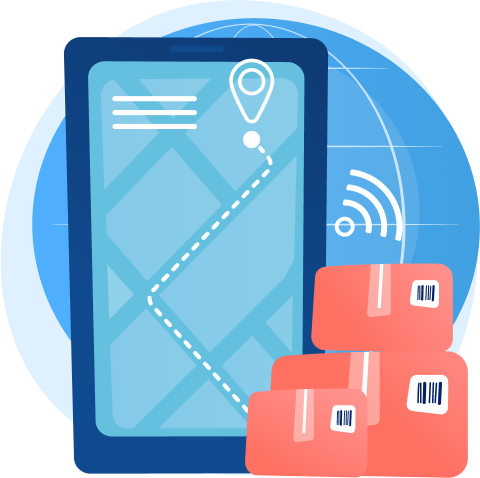Locus
Gen AI in Supply Chain Management
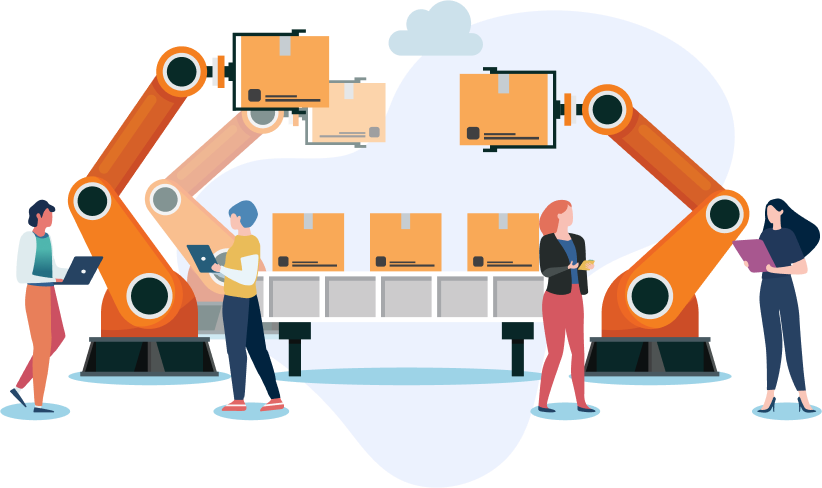
Services Provided

Mobile App
Development

Generative AI-powered chatbot Development

Data Analytics & Visualization
Solutions

Cloud Solutions
& Infrastructure Development

Client Vision
The Client, Locus, is an emerging leader in AI-powered logistics and supply chain optimization, catering to small and medium-sized businesses across India. With a mission to redefine logistics efficiency, Locus has established itself as a trusted provider of intelligent solutions for over 1,200 businesses in various industries, from retail and e-commerce to FMCG and manufacturing. Their vision is to create a cutting-edge logistics platform that goes beyond traditional supply chain management by integrating advanced technologies like Generative AI, predictive analytics, and IoT.
Business Overview and Requirement
Locus is a leading provider of AI-powered logistics and supply chain solutions, specifically designed for small and medium-sized enterprises (SMEs) across India. Recognized for its innovative approach to optimizing logistics operations, Locus enables businesses to achieve higher efficiency and cost-effectiveness in their supply chains. With a growing clientele spanning industries such as retail, FMCG, and e-commerce, Locus aims to revolutionize supply chain management by integrating advanced AI and machine learning technologies, also the client aimed to develop a comprehensive mobile application that would:
Enhanced Operational Efficiency

AI-powered Route Optimization
Locus required an advanced AI solution to optimize delivery routes for logistics managers. By utilizing AI algorithms, Locus aims to ensure the most efficient routes are automatically selected based on real-time factors such as traffic, weather conditions, and delivery constraints. The goal is to reduce delivery times, cut fuel costs, and minimize environmental impact while enhancing the overall operational efficiency of supply chains.

Inventory Management Automation

Streamlined Stock Control
To further enhance efficiency, Locus needed a solution for automated inventory management. AI-powered systems would monitor inventory levels in real-time, predict stock shortages, and automatically trigger replenishment orders, ensuring that businesses always have the right amount of stock at the right time, thus minimizing stockouts and overstocking.
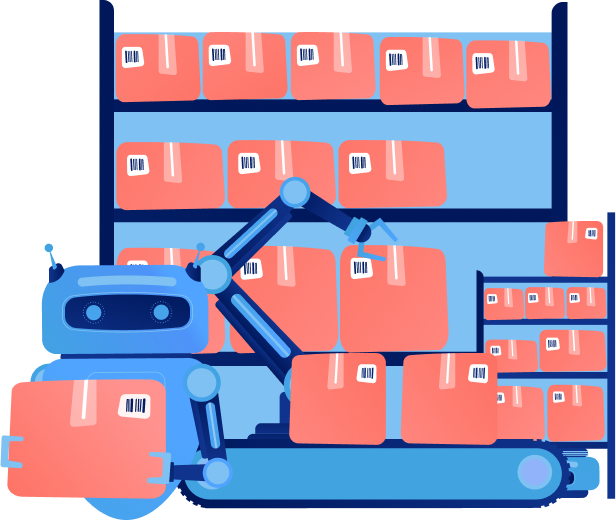
Real-Time Customer Support

AI-Powered Chatbot Development
Locus required a solution to provide 24/7 customer support for logistics managers and supply chain stakeholders. The goal was to develop AI-powered chatbots capable of handling a wide range of logistics-related queries, such as shipment tracking, route changes, delivery status updates, and inventory checks. This would significantly reduce response times and improve user satisfaction by offering immediate assistance without the need for human intervention.

Predictive Risk Mitigation

Proactive Supply Chain Risk Management
Locus required AI-driven predictive analytics to forecast potential supply chain risks such as delays, supplier issues, or transportation disruptions. By analyzing historical data and real-time inputs, the system would alert managers to potential risks and recommend preventive actions, helping to avoid costly delays and ensure the smooth running of supply chain operations.

Comprehensive Supply Chain Services

End-to-End Supply Chain Digitalization
Locus wanted to expand its digital platform to offer a wider range of supply chain management services, including real-time shipment tracking, inventory management, supplier performance monitoring, and risk assessment. The goal was to provide businesses with a complete, end-to-end solution that digitizes every aspect of supply chain operations, from procurement to final delivery, all while maintaining a high level of transparency and security.
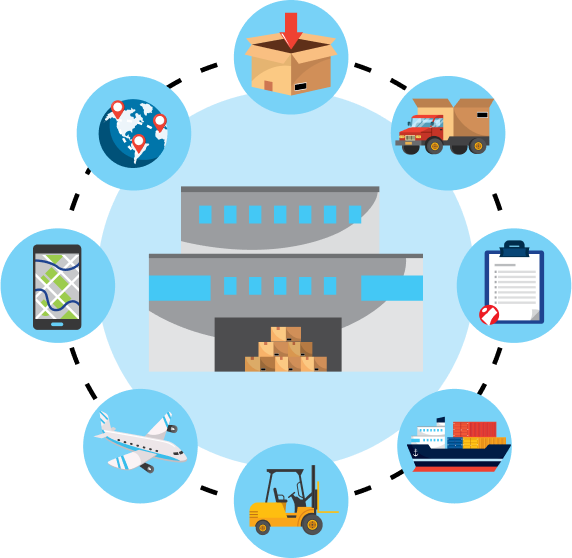
Challenges
Locus, as a rapidly growing AI-driven logistics and supply chain solution provider, faces several challenges in developing and maintaining a comprehensive and efficient platform for small and medium-sized enterprises. To ensure that the platform meets the evolving needs of its users, we addressed the following challenges:

Fragmented Data Sources: Locus operates within a highly complex supply chain environment where data comes from multiple, often disconnected, sources, such as suppliers, transportation partners, and retail systems. Integrating and harmonizing this fragmented data to provide real-time, actionable insights is a significant challenge. The diverse nature of the supply chain makes it difficult to ensure that all data inputs are accurate, consistent, and timely.

Scalability of AI Models: As Locus expands its services to more businesses across India, the scalability of its AI models becomes a challenge. The platform must handle increasing amounts of data without compromising performance or accuracy. Additionally, the AI models need to continuously adapt to new data from different industries and regions, requiring regular updates and training. Ensuring that these models remain efficient and scalable while processing vast datasets is critical to the platform's long-term success.

Real-Time Data Visibility: Providing real-time visibility into every aspect of the supply chain is a complex challenge for Locus. Many businesses lack the infrastructure to share data in real-time, making it difficult for Locus to track shipments, monitor inventory levels, and predict potential delays accurately. Building a robust system that offers real-time insights despite these limitations requires extensive integration and collaboration with all stakeholders across the supply chain.

Complexity of Global Supply Chains: Locus supports businesses with supply chains that span across different regions and countries, each with unique regulatory requirements, logistical challenges, and risk factors. Managing these complexities while providing a unified platform that adapts to diverse supply chain structures is a significant hurdle. The challenge is to build a flexible system that can account for regional variations in compliance, customs, and transportation infrastructure, ensuring smooth operations.
Fragmented Data Sources: Locus operates within a highly complex supply chain environment where data comes from multiple, often disconnected, sources, such as suppliers, transportation partners, and retail systems. Integrating and harmonizing this fragmented data to provide real-time, actionable insights is a significant challenge. The diverse nature of the supply chain makes it difficult to ensure that all data inputs are accurate, consistent, and timely.
Scalability of AI Models: As Locus expands its services to more businesses across India, the scalability of its AI models becomes a challenge. The platform must handle increasing amounts of data without compromising performance or accuracy. Additionally, the AI models need to continuously adapt to new data from different industries and regions, requiring regular updates and training. Ensuring that these models remain efficient and scalable while processing vast datasets is critical to the platform's long-term success.
Real-Time Data Visibility: Providing real-time visibility into every aspect of the supply chain is a complex challenge for Locus. Many businesses lack the infrastructure to share data in real-time, making it difficult for Locus to track shipments, monitor inventory levels, and predict potential delays accurately. Building a robust system that offers real-time insights despite these limitations requires extensive integration and collaboration with all stakeholders across the supply chain..
Complexity of Global Supply Chains: Locus supports businesses with supply chains that span across different regions and countries, each with unique regulatory requirements, logistical challenges, and risk factors. Managing these complexities while providing a unified platform that adapts to diverse supply chain structures is a significant hurdle. The challenge is to build a flexible system that can account for regional variations in compliance, customs, and transportation infrastructure, ensuring smooth operations.
Solutions
Locus, an AI-powered logistics company, partnered with SoluLab to enhance its platform's capabilities and offer advanced AI-driven solutions to small and medium-sized businesses. SoluLab implemented a range of cutting-edge technologies to help Locus improve supply chain efficiency, optimize route planning, and automate logistics operations. Below are the key solutions provided by SoluLab from the perspective of Locus:
Generative AI-Powered Route Optimization

Dynamic Route Adjustments
Locus's AI-powered platform now dynamically adjusts routes in real-time based on unforeseen circumstances like sudden traffic jams or road closures. SoluLab incorporated advanced machine learning algorithms that allow the system to adapt quickly, ensuring timely deliveries and higher customer satisfaction.

Predictive Route Planning
SoluLab developed a sophisticated AI engine for Locus that analyzes vast datasets, including traffic patterns, weather conditions, and delivery constraints. This AI engine predicts the most efficient routes for deliveries, ensuring minimal delays and optimized last-mile logistics. The AI continuously learns from new data, refining its predictions to improve delivery accuracy and reduce costs for Locus's clients.
Smart Inventory Management Solutions

Demand Forecasting and Stock Optimization
SoluLab integrated AI-driven demand forecasting models into the Locus platform. These models predict demand trends based on historical data, seasonal variations, and market conditions, helping Locus's clients manage inventory levels efficiently. The solution optimizes stock levels to avoid both overstocking and stockouts, reducing waste and ensuring lean operations.

Automated Replenishment
SoluLab developed a sophisticated AI engine for Locus that analyzes vast datasets, including traffic patterns, weather conditions, and delivery constraints. This AI engine predicts the most efficient routes for deliveries, ensuring minimal delays and optimized last-mile logistics. The AI continuously learns from new data, refining its predictions to improve delivery accuracy and reduce costs for Locus's clients.
Supply Chain Visibility and Transparency
Real-Time Shipment Tracking
SoluLab enhanced Locus's platform by integrating real-time tracking capabilities. The solution provides businesses with live updates on their shipments, allowing them to monitor the progress of deliveries and anticipate potential delays. This level of transparency improves customer trust and allows businesses to offer more accurate delivery estimates.

Predictive Delay Notifications
Leveraging AI, the system now predicts potential delays based on various factors such as weather and traffic conditions. SoluLab's solution proactively notifies businesses and their customers about possible delays, allowing them to adjust expectations and improve communication with end customers.
AI-Driven Automated Decision-Making

Warehouse and Transportation Optimization
SoluLab developed AI algorithms that automate critical supply chain decisions for Locus's clients. These include selecting the most efficient warehouses for order fulfillment, choosing the best transportation modes, and prioritizing urgent deliveries. This automation reduces manual workload and ensures that decisions are data-driven, leading to improved efficiency and cost savings.

Intelligent Load Balancing
The AI-powered system optimizes load distribution across different transportation vehicles, ensuring maximum utilization of resources. This intelligent load balancing reduces fuel costs, minimizes empty miles, and improves the overall sustainability of logistics operations.
Results Achieved
The integration of SoluLab's advanced AI-driven solutions into Locus's platform significantly enhanced various aspects of logistics operations, inventory management, and overall supply chain efficiency for small and medium-sized businesses. The measurable and impactful results showcase the transformative potential of AI in the logistics industry.

Optimized Route Planning
With predictive and dynamic route optimization, Locus enabled its clients to reduce delivery times by 20%. This improvement in efficiency ensured that more deliveries were completed within shorter timeframes, directly boosting customer satisfaction.

Automated Decision-Making
The automation of key logistics decisions, such as warehouse selection and transportation mode optimization, resulted in a 15% increase in overall operational efficiency. Businesses could scale operations without additional manual intervention, leading to smoother workflows and better resource utilization.
Real-Time Shipment Tracking and Transparency
The real-time visibility into the supply chain allowed businesses to provide more accurate delivery estimates, leading to a 25% improvement in customer satisfaction ratings. Customers appreciated the transparency and reliability of the delivery process, which strengthened trust in the businesses using Locus's platform.

Predictive Delay Notifications
By proactively notifying customers of potential delays, Locus helped businesses manage customer expectations better, reducing negative feedback and enhancing overall customer experience.

Faster Decision-Making
The AI-powered platform enabled businesses to make quicker, data-driven decisions, reducing the time spent on manual analysis and decision-making by 40%. This streamlined approach allowed companies to respond more swiftly to changing market conditions and operational challenges.

Improved Resource Allocation
Intelligent load balancing and automated replenishment allowed businesses to maximize the use of their transportation and storage resources, leading to a 20% reduction in resource wastage and improved sustainability of logistics operations.

Mobile App redevelopment

Chatbot Assistant

Dashboard
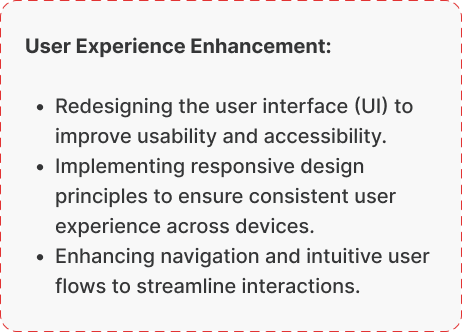
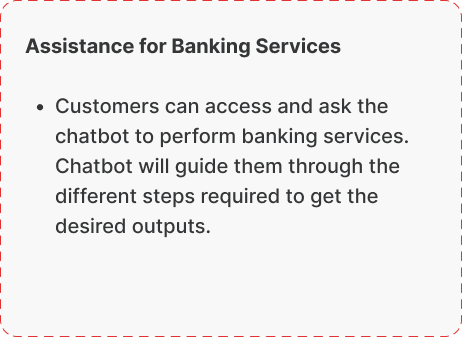
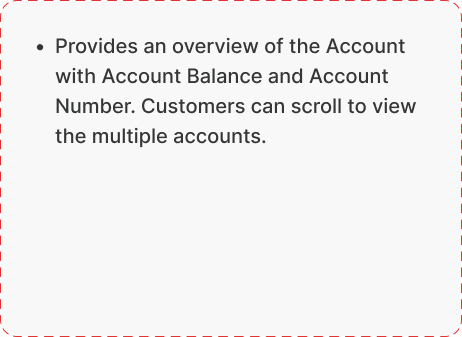
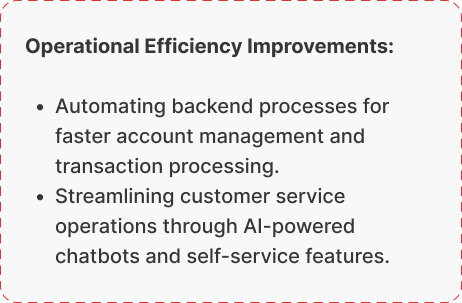
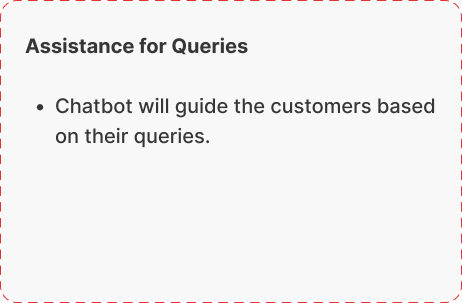
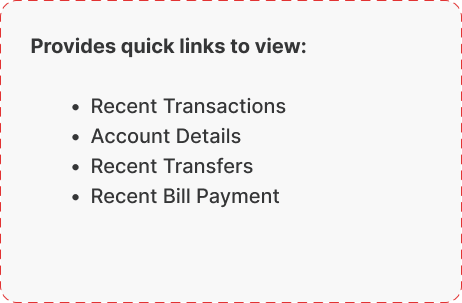
Tech Stack
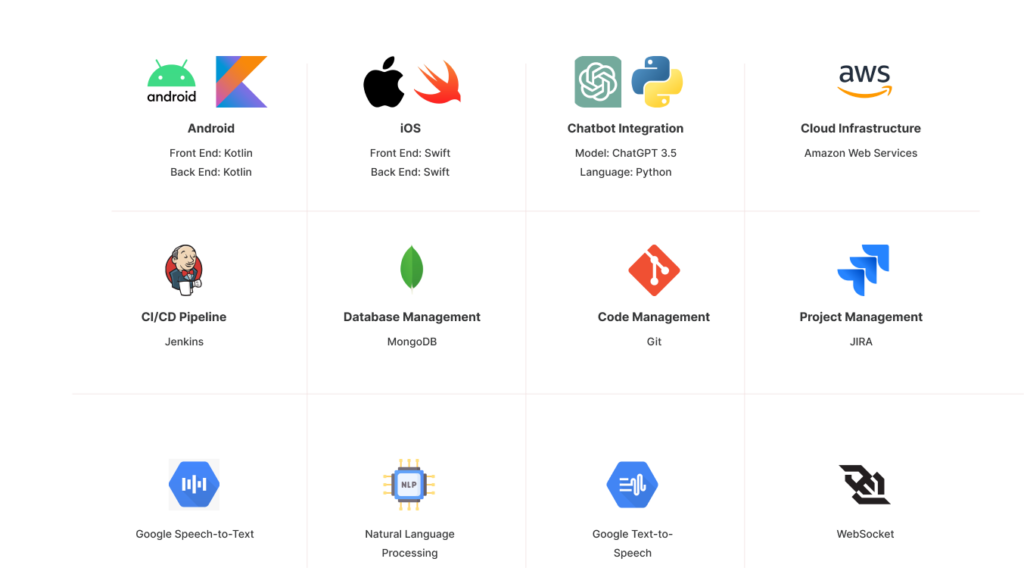
Key Features
Demand Forecasting and Planning


Supply Chain Optimization


Risk Management


Supplier Relationship Management


Intelligent Order Fulfilment

